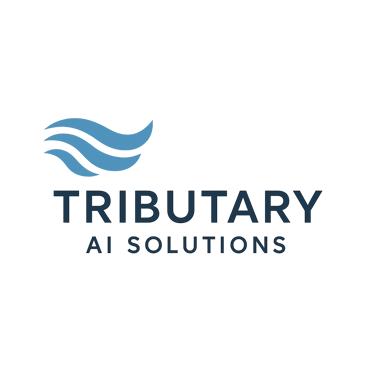Is Your Business Ready for AI?
Assess your business’s AI readiness by evaluating data quality, infrastructure, skills, and compliance to ensure successful, high-ROI AI adoption.
8/8/20252 min read


Is Your Business Ready for AI?
Artificial Intelligence can unlock game-changing capabilities—from automating workflows to uncovering entirely new business models—but successfully harnessing its power requires more than excitement and ambition. It demands preparedness: a clear strategy, clean data, resilient infrastructure, trained teams, and governance frameworks that ensure trust, compliance, and long-term value.
1. Data Quality: The Foundation of AI Success
Data isn't just fuel for AI—it's its backbone. If your data is incomplete, inconsistent, or inaccessible, even top-tier algorithms will stumble. Research underscores this: models trained on poor-quality data deliver unreliable results, undermining trust and business outcomes arXiv. Moreover, fragmented or siloed data sources amplify the challenge of meaningful AI adoption TechRadar+1.
To avoid these pitfalls:
Prioritize data hygiene—standardize formats, cleanse noisy records, and consolidate across sources.
Build data governance programs to define accountability, establish quality standards, and ensure accessibility TechRadar+7TechRadar+7Financial Times+7Business Insider+13WiserBrand+13iQuasar Software+13The Australian+6Wikipedia+6Nexla+6.
Ensure your data is fit for purpose—accurate, consistent, timely, and aligned with your defined AI objectives iQuasar Software.
2. Strategy, Alignment, and Leadership
AI initiatives succeed when they’re tightly aligned with business goals. Projects grounded in strategic clarity—not chasing shiny features—deliver real ROI WiserBrand+6Institute of Project Management+6The Australian+6. Strong executive sponsorship and clear KPIs anchor efforts and secure organizational buy-in Wikipedia+11Lumenalta+11The Australian+11.
3. Infrastructure & Process Readiness
Even the best strategies fail if the underlying systems can’t support AI demands. Businesses must:
Audit current infrastructure—computing power, storage, integration capabilities—and determine cloud versus on-prem options WiserBrand+15Institute of Project Management+15iQuasar Software+15.
Employ agile workflows and automation (CI/CD for ML, feature stores) to ensure speed and reusability WiserBrand.
Make observability and monitoring part of operations so performance degradation or data drift doesn’t go unnoticed.
4. Skills, Culture & Change Management
Successful AI adoption is as much about people as technology. Recent studies show soft skills—critical thinking, systems thinking, communication—are as crucial as technical skills like prompt engineering Wikipedia+15IT Pro+15WiserBrand+15. Leading organizations invest in building these competencies and establishing AI champions at the leadership level Business InsiderThe Times.
5. Data Protection & Compliance
AI systems increasingly touch regulated and sensitive data, making compliance not optional—it’s essential. Readiness means embedding governance frameworks early:
Respect GDPR, CCPA, HIPAA, and industry-specific mandates.
Adopt privacy-preserving practices, audit trails, and transparent data usage policies.
Your architecture should anticipate evolving regulations—so compliance becomes a built-in feature, not an afterthought WikipediaiQuasar SoftwareDeloitte Insights.
6. A Practical Readiness Framework
Consider building your readiness via three sequential phases:
Foundational Readiness
Solid infrastructure
Reliable, integrated data
Baseline skills and change openness The Australian+4Devoteam+4TechRadar+4
Operational Readiness
Governance and cybersecurity
Agile delivery and compliant processes
Cross-functional collaboration iQuasar Software
Transformational Readiness
Clear vision for scaled AI impact
Executive-level alignment
Organization-wide adoption and culture shift iQuasar Software+2RSM US+2Business Insider+1
Conclusion
AI isn’t a project—it’s a transformation. Companies that take the time to assess data quality, solidify alignment, invest in infrastructure, cultivate talent, and build governance are the ones best positioned to turn AI from novelty into advantage. Without that foundation, AI risks becoming a project that sputters—not a sustainable engine of value.
Need Help Building That Foundation?
At Tributary AI, we guide businesses through readiness assessments and then help design tailored solutions—so when your AI initiatives go live, they succeed faster, smarter, and more securely.
